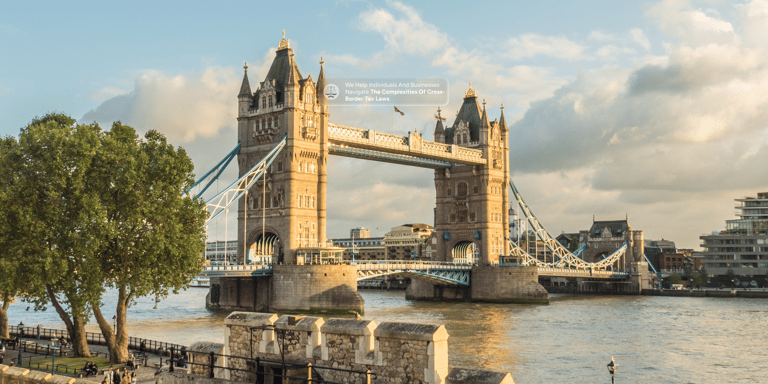Portugal Citizenship (2026)
What This Guide Covers
Portuguese citizenship rules have been heavily discussed since 2024, and many expats have seen conflicting headlines about a possible move from a 5-year path to a 10-year path.
This guide separates what is currently in force from what has only been proposed, so you can plan with the right baseline.
Current Rule in Force (As of February 8, 2026)
For standard naturalisation by legal residence, the official requirement remains 5 years of legal residence.
The Portuguese Justice portal also confirms that, after the September 2024 change, the 5-year period can be counted from the date you applied for your first residence permit (once that permit is granted), rather than only from the card issuance date.
Where the "10 Years" Claim Comes From
In 2025, proposals were discussed that would tighten citizenship access, including longer timelines in some drafts. Those discussions created understandable confusion.
However, proposals and political debate are not the same as enacted law. Until a new text is approved, promulgated, and published in the official legal gazette, the current legal framework applies.
What Is Still Required Besides Time
- Portuguese language evidence. In most cases, applicants must prove at least A2-level Portuguese through accepted channels.
- Clean criminal record criteria. Serious criminal convictions can block eligibility.
- Valid legal residence history. Your permit type and continuity matter for counting purposes.
Who Should Recheck Their Plan Now
- Golden Visa and D7 holders who are planning a citizenship timeline around travel, investment, or family moves.
- Families with schooling decisions tied to expected timing of Portuguese nationality.
- Expats coordinating tax and immigration strategy where residency duration affects broader planning.
Practical Next Steps
- Confirm your timeline from source documents. Use your AIMA/SEF history and permit dates to map eligibility timing.
- Validate your language path early. Leaving the A2 requirement to the final year creates avoidable delays.
- Keep a compliance file. Maintain copies of tax filings, residence renewals, and supporting records in one place.
- Treat proposal headlines as provisional. Re-plan only when published legal text changes the rule in force.
Tax Planning Impact
Even without a change to 10 years, citizenship timing still affects long-term tax and wealth decisions: pension drawdown timing, asset disposal sequencing, and residency continuity planning.
If you are making multi-year decisions based on nationality timing, coordinate immigration and tax planning together rather than in separate workstreams.
FAQ
Is the requirement currently 5 years or 10 years?
As of February 8, 2026, the standard naturalisation route by legal residence is 5 years under the official framework in force.
Does Golden Visa time count toward citizenship?
It can count, but eligibility depends on your legal residence status and compliance history. Confirm your case-specific timeline before assuming eligibility dates.
When does the 5-year clock start?
Under the post-September 2024 framework, counting can start from the date of application for the first residence permit (once granted), not only from the physical card issuance date.
Could this change again?
Yes. Nationality law can be amended. But plan on enacted law, not draft headlines.
What should I do first?
Build a dated timeline of your residence history and verify how each permit period is treated. If your tax and immigration decisions are linked, start with a Tax Diagnostic so both tracks are coordinated.
Last reviewed: February 8, 2026. Educational content only. Not personal legal or tax advice.
You May Also Like
These Related Stories
.jpg?width=768&height=512&name=p1%20(1).jpg)
Portugal NHR After 2024
.jpg?width=768&height=512&name=p3%20(1).jpg)
Portugal Foreign Income Tax
